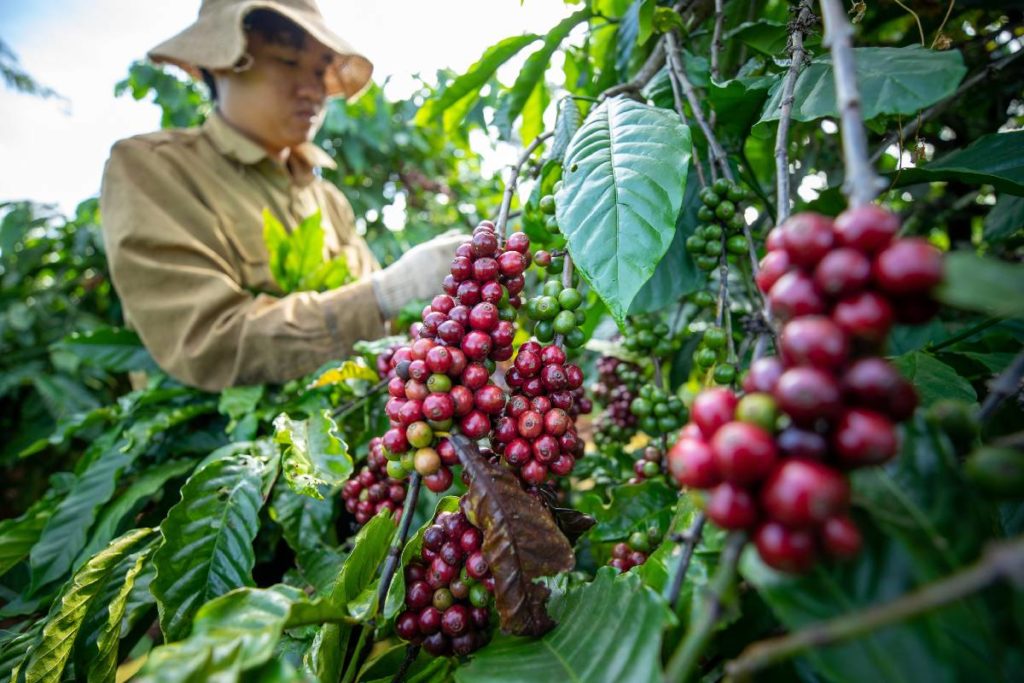Vietnam’s coffee exports to the UK market have significantly decreased according to the Agency of Foreign Trade. Despite that, UK coffee imports from other supplying markets have increased. One reason might be a tightening of the Global Agricultural Standards, (GAP)
According to the Agency of Foreign Trade, Vietnam’s coffee exports failed to meet the stricter requirements with regards to quality and British people’s consumption trends. Local businesses, which are bouncing back after the effects of the pandemic, are advised to meet stricter requirements based on Global GAP standards in production, to be able to access high-end markets.
Last year, after the signing of the UK-Vietnam FTA (UKVFTA) that gives Vietnamese agricultural products competitive advantages in the UK market, the UK imported approximately $1 bn worth of coffee products from Vietnam.
This year, only a total of 16,400 tonnes of coffee worth $29 million were imported by the UK from Vietnam. This equates to a 48.4% decrease in volume and a 49.3% decrease in value as compared to the year before.
This equates to a 48.4% decrease in volume and a 49.3% decrease in value as compared to the year before.
On the other hand, the UK coffee imports from other main supplying markets have increased in the first half of the year, not including Vietnam and Honduras. Statistics by the International Trade Centre stated that the UK’s coffee imports increased 13.8% in volume in the first half of this year. As a result, Vietnam’s share of the UK coffee market decreased from 27.32% in the first half of last year to 16.35% this year.
The majority of UK coffee consumers still buy instant coffee, which accounts for 41% of the overall market share. This is significantly higher than the average 17% in Europe. Vietnam’s coffee exports are of raw or semi-processed beans, which may have contributed to the difficulties and the drop in exports.
International businesses are encouraged to create products that are more suited to the British consumers’ taste and plan for long-term relationships with British partners

